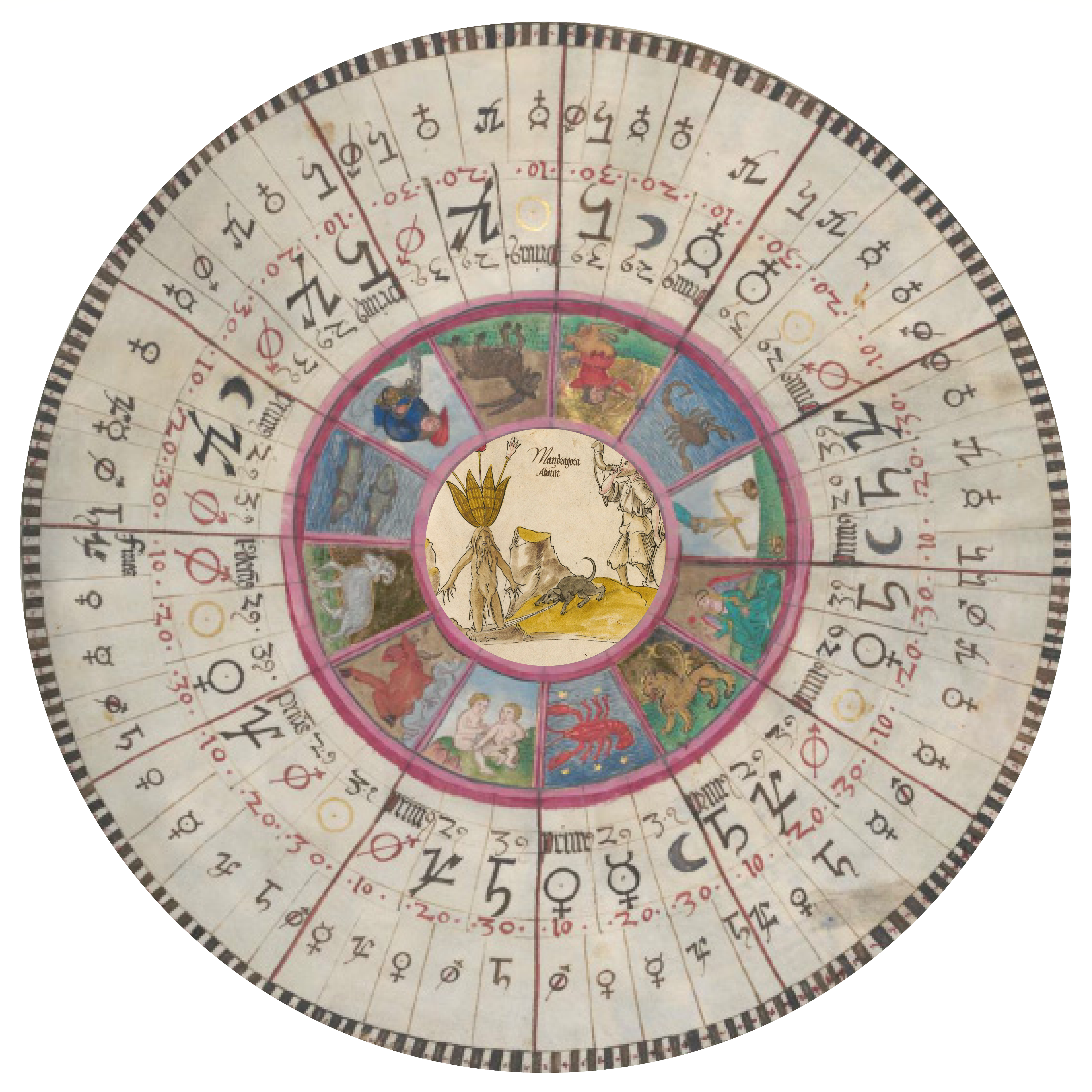Letter by the founders
Almost a century has passed since the first volume of Preisendanz’s Papyri Graecae Magicae was published (Leipzig-Berlin, 1928), and nearly a century and a half since the French scholar Bouché-Leclerq’s Astrologie Grecque saw the light (Paris, 1879). Both revealed as utterly wrong the almost universal scorn of classical scholars and ancient historians to Magic and Astrology, two pseudo-sciences which, after all, bear witness to the irrational but lively strain pervading and stimulating ancient Graeco-roman culture.
Since then, classical scholars have studied both subjects with different success explaining enigmatic passages or alerting their readers to direct or veiled allusions in the ancient texts to the stars and to the superior powers supposedly controlled by humans.
The editorial activity on Greek and Latin manuscripts, inscriptions and, above all, papyri has opened new perspectives for ancient texts in the 20th and 21st centuries and has put in our hands a load of precious material, often belonging to the very epoch in which these texts were written. They have also brought about the editing of monographs, general surveys and articles on treatises and authors who were little known until recently and, more often, on technical details relating to Magic and Astrology. The whole of it reveals on the part of classical scholars a strong current of interest towards these practices or doctrines which cannot be obliterated.
In spite of this interest, the very absence of a scientific Journal focused exclusively on these two so narrowly related subjects is surprising. This has implied, as a matter of fact, a wide dispersion of articles, little documents and critical notes on content and interpretation about magical and astrological texts. Up to now, most of them ? especially those on Magic ? have found their way into Greek Religion Journals; others ? mostly on Astrology ? have occasionally entered into the realm of Science Journals. And to tell the truth, owing to the generosity of classical scholars at large, very many of them have been welcomed into general Journals on Literature; History, Epigraphy, Papyrology, etc.
Since its appearance in 2000, published by the Centro de Ediciones de la Diputación de Málaga until 2014, and now in this new stage published by the University of Málaga as its own journal (always with the scientific endorsement of its Department of Greek Philology), the journal MHNH (Mene) has offered the scientific community a support for the publication of all those materials with a philological, historical, scientific and philosophical orientation related to astrology and Greco-Roman magic or that allow a better understanding of these and their influence in the medieval, modern and/or contemporary tradition, always in relation to the theoretical schemes and practices developed in the ancient world.
But, why the name MHNH? Why this old name which, as Varro and Cicero told us, gave origin to the name of the month (mensis)? We, the Editors, thought of this goddess, female and mother par excellence, Selene–Luna–Mene since the Homeric Hymns, as an adequate homage to those pioneers of Magic like the Homeric Circe, the tragic Medea or the Thessalian women of Aristophanes and Plato; or yet their Hellenistic and Roman heirs Acantis, Canidia, Dipsas, Aglaonike and so many others. With her phases Mene ruled Greek months and women’s menstruation; she controlled weather and aroused animal sensibility; she excited the imagination of the poets and the thinking of the philosophers. Above all, she was always the Queen of night, the Mistress of the stars, and a torch for magic rites and spells in which she was associated with Greek, Roman and Eastern divinities as important to ancient religion as Hecate, Artemis/Diana, Athena, Isthar/Astarte or Isis.
It is this special power of Mene as well as her privileged role in the texts ? mainly of poetic character ? relating to Magic and Astrology the very fact that justifies her presiding over the pages of this Journal which has now reached its coming of age and attempts in its new stage to maintain the scientific quality demonstrated up to now. As an endorsement of this, names of the outmost relevance in the fields of Magic and Astrology have contributed to MHNH: Beatrice Bakhouche, Alberto Bernabé, Giuseppe Bezza, Esteban Calderón, Roberta Caldini Montanari, Salvatore Costanza, Godofroid De Callatay, John Dillon, Christopher Faraone, Francisco Javier Fernández Nieto, Jürgen Blänsdorf, Manuel García Teijeiro, Dorian Gieseler Greenbum, Giulia Gasparro, Richard Gordon, Fritz Graf, Stephan Heilen, Wolfgang Hübner, Marina Piranomonte, Ilaria Ramelli, Francisco Marco Simón, Attilio Mastrocinque, Mariangela Monaca, Santiago Montero, Aldo Setaioli, Emilio Suárez, Marion Witteyer, among so many others scholars. They will always be a point of reference for other scholars and future researchers of these questions, which are so important for the most secret resources of Greco-Roman society. The knowledge of these aspects in its proper terms is an indispensable staff, like the one Hesiod received from the muses, for archaeologists, anthropologists, philosophers, philologists and historians in their quest to unravel the most hidden foundations of modern cultures, both in the West and in the East.
Due to nature’s course, the founders of the Journal, Aurelio Pérez Jiménez and José Luis Calvo Martínez, who have co-directed it over the last twenty years, are handing over the baton to the new editors, Professors Juan Francisco Martos Montiel and Luisa Lesage Gárriga, and together with them we invite researchers in these topics to keep contributing with their publications to the high quality level that the Journal has maintained up to now, looking in the mirror (as Plutarch would say) of the authorities who, with their generosity and good work, have made it a point of reference for researchers of these important aspects of Greco-Roman culture.

Aurelio Pérez Jiménez (University of Málaga)
José Luis Calvo Martínez (University of Granada)

